Cloud computing in 2025 is shaping the direction of global technology, influencing how companies store, analyze, and deliver data at scale. As artificial intelligence, automation, and edge computing continue to expand, the demand for reliable cloud infrastructure and smart data management has reached record highs. The top cloud computing companies in 2025 are the ones offering faster performance, stronger security, and better integration with tools businesses already use daily.
This year’s leading providers are not just offering storage or hosting, they’re building entire ecosystems that help organizations grow efficiently in a digital-first economy. From Amazon Web Services and Microsoft Azure to Google Cloud and newer competitors focused on sustainability and AI-driven solutions, these companies are setting new standards for flexibility and global reach.
Enterprises now seek providers that combine affordability with innovation, allowing them to scale operations without technical bottlenecks. The top cloud platforms of 2025 reflect that shift, offering smarter collaboration features, predictive analytics, and optimized workloads for both small startups and large corporations. This ranking explores the companies transforming cloud technology into a practical, business-focused powerhouse that supports everything from e-commerce and finance to healthcare and creative industries.
Top 10 Best Cloud Computing Companies In 2025
10. DigitalOcean

DigitalOcean continues to thrive as the developer’s cloud of choice in 2025, offering simplicity in a market crowded with complexity. Its user interface remains intuitive, while the platform’s App Platform, Kubernetes service, and managed databases give startups a fast track from code to deployment. DigitalOcean’s predictable pricing model appeals to small and midsize businesses seeking transparency in cost management, especially in the face of growing cloud bills across the industry.
With a stronger focus on developer education, it has expanded community tutorials and integrations with GitHub Actions, streamlining CI/CD for lean engineering teams. As edge computing and lightweight container hosting become more common, DigitalOcean’s performance upgrades and networking reliability continue to make it a go-to for web apps, SaaS products, and creative digital projects worldwide.
9. OVHcloud
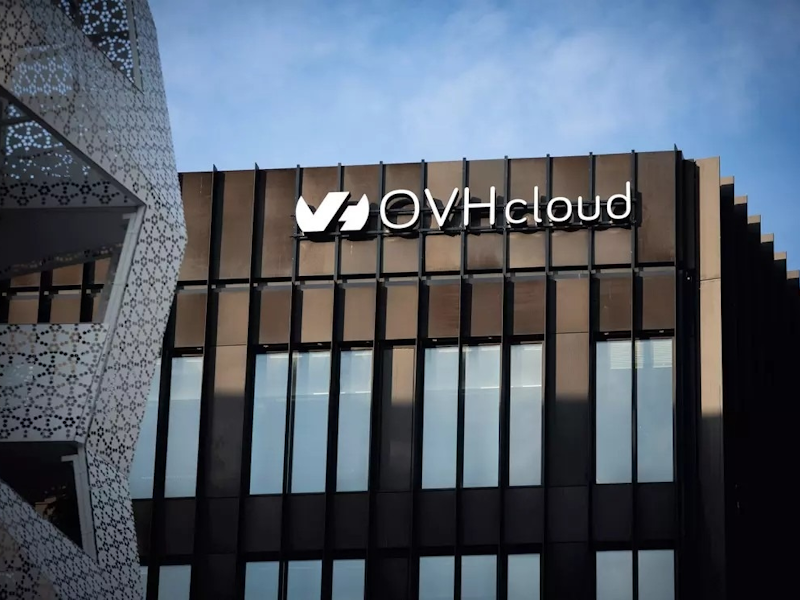
OVHcloud stands out in 2025 for combining sustainability with data sovereignty—two factors increasingly prioritized by enterprises and public institutions. The France-based company has invested heavily in low-carbon data centers and transparent energy reporting, appealing to eco-conscious clients across Europe and beyond. OVHcloud’s hybrid cloud offerings give customers flexibility to combine private and public resources while maintaining control over sensitive information.
Its infrastructure supports Kubernetes orchestration, high-performance bare metal servers, and advanced cloud security tools designed for regulated industries. By offering clear pricing and regional hosting options, OVHcloud gives organizations confidence that their workloads remain compliant with European data laws without compromising scalability. In an era where trust and environmental accountability influence cloud adoption, OVHcloud continues to attract attention for doing both well.
8. Tencent Cloud
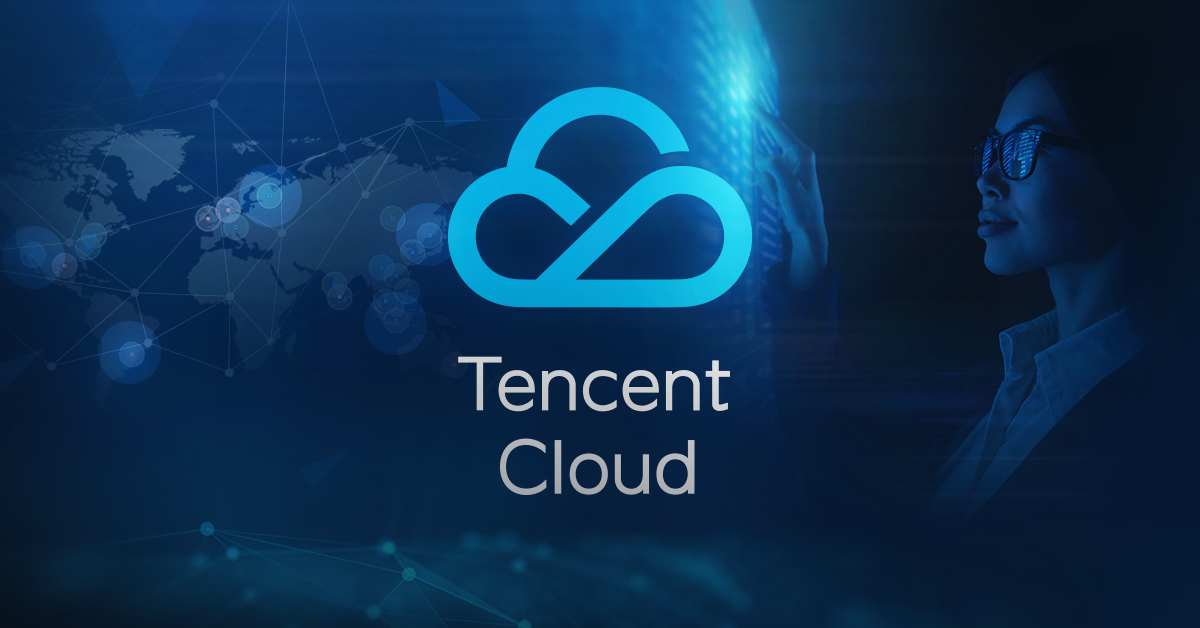
Tencent Cloud continues its rapid global expansion, becoming a key player in Asia’s cloud ecosystem. Known for its advanced infrastructure and deep integration with AI and media technologies, the company provides fast, scalable services for gaming, entertainment, and financial applications. Its edge computing capabilities improve performance in regions with high user density, making it ideal for real-time engagement platforms. Tencent has also made strides in enterprise adoption, offering industry-tailored cloud solutions that combine analytics, AI-driven automation, and strong cybersecurity frameworks.
In 2025, the provider’s multi-region availability and partnerships with international firms give it a stronger presence outside China. With its balance of innovation, regional expertise, and network reliability, Tencent Cloud is quietly positioning itself among the most influential names in the global cloud market.
7. IBM Cloud

IBM Cloud in 2025 remains focused on hybrid infrastructure and enterprise modernization. By combining Red Hat OpenShift with its cloud architecture, IBM enables large organizations to bridge legacy systems and modern workloads efficiently. The company’s emphasis on security and governance continues to appeal to industries such as finance, healthcare, and government. IBM Cloud Satellite allows customers to deploy cloud services anywhere, from data centers to the edge while keeping operations under consistent management.
Its ongoing work in AIOps and quantum computing integration makes IBM Cloud a serious contender for enterprises exploring long-term innovation without compromising stability. With strong support for Kubernetes, data protection, and cross-cloud compatibility, IBM provides a dependable path for corporations shifting from traditional setups to agile, cloud-first environments.
6. Oracle Cloud Infrastructure (OCI)

Oracle Cloud Infrastructure has matured into a powerhouse for data-intensive workloads. In 2025, OCI focuses on performance, automation, and AI-powered scalability—making it ideal for organizations with heavy database or analytics needs. Its autonomous database technology minimizes manual maintenance, while OCI’s high-speed networking ensures low-latency access for machine learning and enterprise applications. The company also emphasizes multi-cloud integration, enabling clients to combine Oracle’s strengths with AWS or Azure.
With stronger commitments to cloud security and compliance, Oracle remains a trusted option for financial and government clients who prioritize control and reliability. OCI’s balance of powerful computing resources, AI tools, and database excellence has made it one of the most performance-driven cloud ecosystems available.
5. Alibaba Cloud

Alibaba Cloud continues to lead digital transformation across Asia and is increasingly competitive on the global stage. Its strength lies in cloud-native innovation, with managed Kubernetes, AI computing, and large-scale data analytics solutions at its core. In 2025, Alibaba Cloud has doubled down on sustainability by optimizing data center cooling systems and expanding renewable energy use. Businesses in retail, logistics, and fintech depend on its scalable architecture to handle high traffic and transaction volumes.
The company also provides localized compliance solutions, helping clients navigate complex data regulations across regions. For enterprises pursuing growth in Asia, Alibaba Cloud offers unmatched regional connectivity, multilingual support, and an ever-growing suite of services for AI-driven and data-centric businesses.
4. Cloudflare
At first, Cloudflare was just a content delivery network. Now, it’s one of the most advanced edge computing platforms in the world. Its Workers platform will let developers run serverless apps directly on a global network in 2025. This will bring computation closer to users. This distributed model speeds things up, makes them safer, and makes them easier to grow without having to deal with complicated infrastructure management. Cloudflare is also improving its Zero Trust security framework, which is a good thing for businesses that want to stay safe online.
AI acceleration at the edge and better API connectivity give developers even more ways to make experiences happen in real time. Cloudflare is a disruptive force that is changing the way the internet works on a large scale by lowering latency and making the cloud stack easier to use.
3. Google cloud
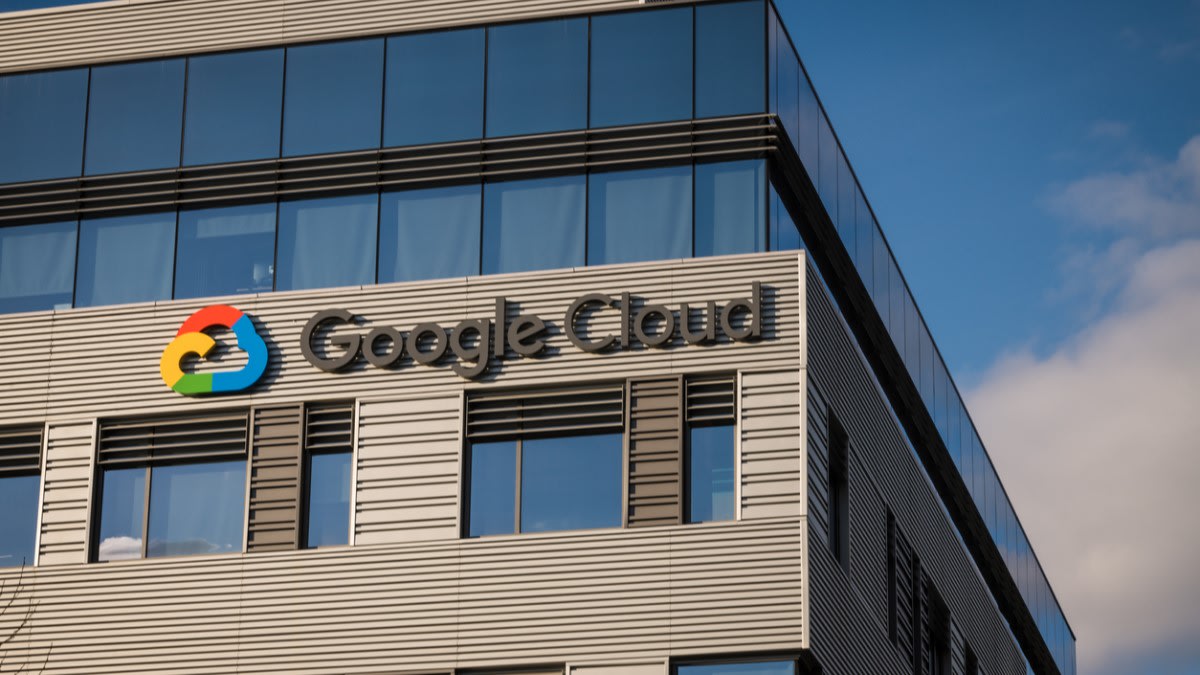
In 2025, Google Cloud will be better than other clouds because it will use analytics, machine learning, and generative AI. Its Vertex AI platform keeps attracting businesses that want to quickly build and deploy models while also connecting to Google’s huge data ecosystem. The platform’s support for multimodal AI and tools for cost optimization make it easier for businesses to manage workloads across different regions. Google Cloud is still very focused on being good for the environment.
It runs on renewable energy and follows rules that take carbon emissions into account for all of its activities. Anthos’ ability to work with many clouds is good for businesses because it lets teams run apps anywhere. Google Cloud is still one of the best options for businesses that need advanced analytics, AI that can grow with their needs, and infrastructure that developers can easily use.
2. Microsoft Azure

With its smooth integration with businesses and wide range of cloud services, Microsoft Azure keeps getting better. A lot of businesses that are upgrading their IT systems choose it as their default environment because it works so well with Microsoft 365, Dynamics, and developer tools. Generative AI adoption now includes Azure AI Foundry and OpenAI Service. They help businesses make smart apps that can be controlled and made bigger. With Azure Arc, Azure’s hybrid cloud approach, businesses can control resources in on-premises, multi-cloud, and edge environments.
Azure’s upgrades to automation, cybersecurity, and AI orchestration in 2025 show that it wants to help businesses come up with new ideas while still being in charge. The platform is an important part of modern digital operations because it offers a wide range of solutions, such as databases, networking, and virtual computing.
1. Amazon Web Services.
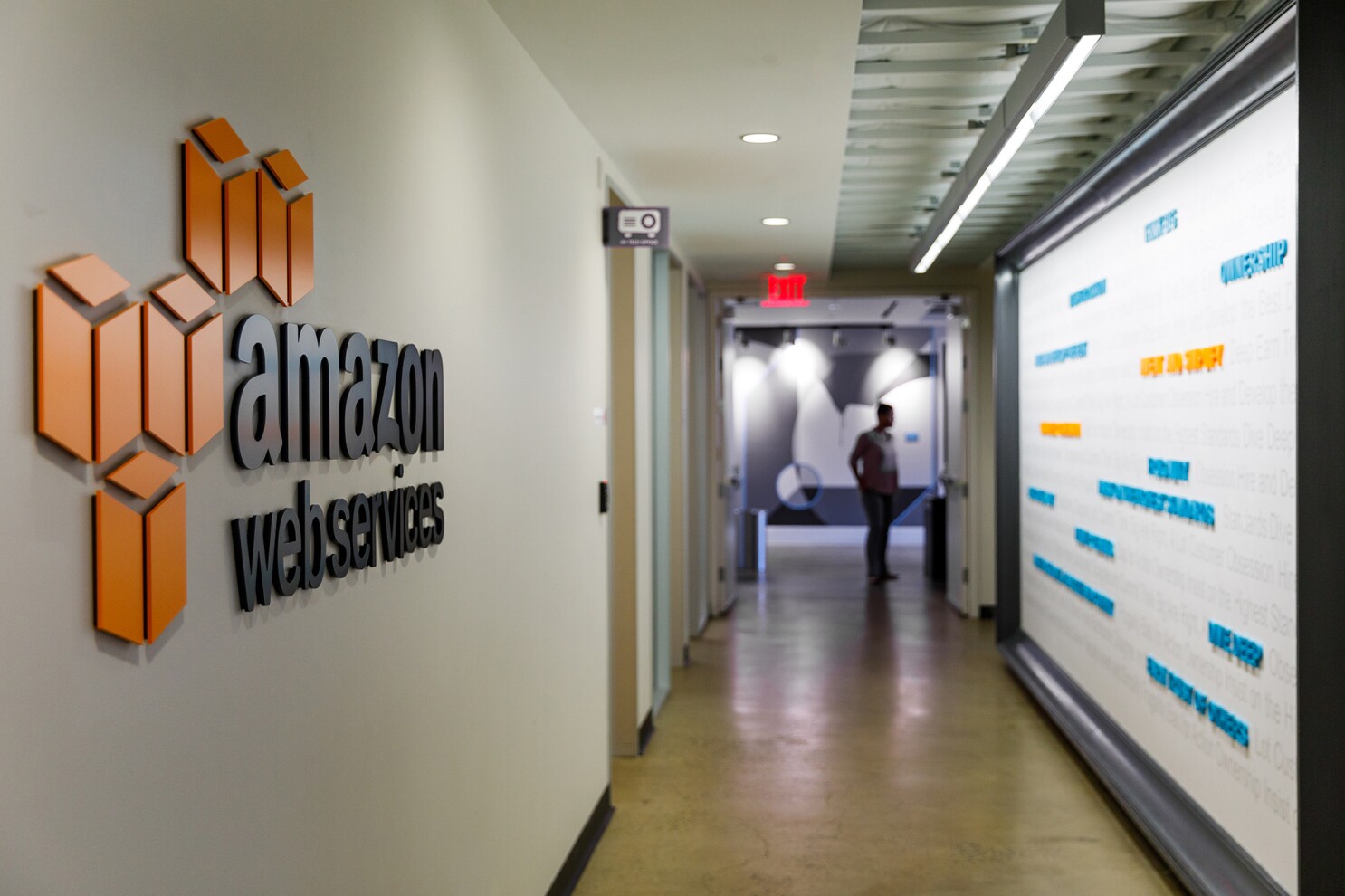
Amazon Web Services is still the best example of cloud innovation in 2025. It has a huge selection of products, such as compute, storage, AI, and developer tools, that work for businesses of all sizes. AWS Bedrock makes it easier to use foundation models and generative AI. Its Graviton processors and custom chips make things work better and cost less. The company’s ongoing investments in carbon-neutral data centers and sustainability are in line with global trends in green computing. AWS also makes its multi-cloud and hybrid services better. These services let customers make systems that work well in different settings. AWS is still the best cloud computing platform for speed, flexibility, and new ideas. It is the most reliable, available in many regions, and can handle advanced use cases like IoT and serverless architectures.

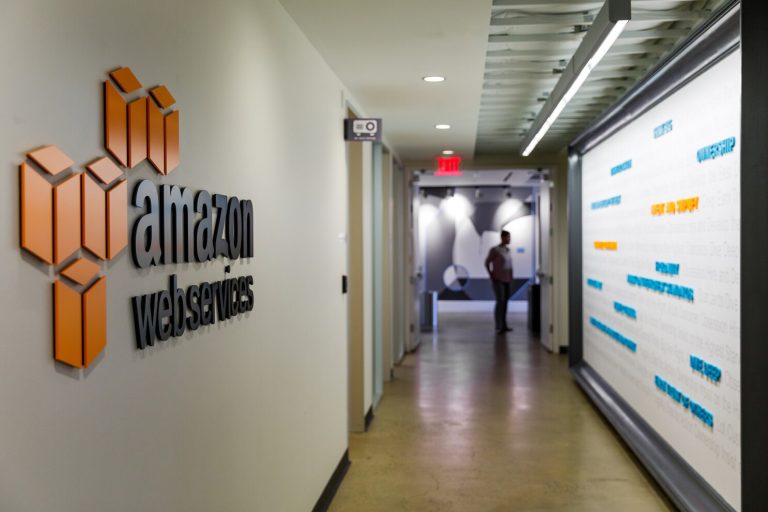

https://shorturl.fm/1TNtf
https://shorturl.fm/zI557
This is now one of my favorite blog posts on this subject.
I’ll definitely come back and read more of your content.
I appreciate the honesty and openness in your writing.
I really needed this today. Thank you for writing it.
This gave me a whole new perspective. Thanks for opening my eyes.
I always look forward to your posts. Keep it coming!
This content is really helpful, especially for beginners like me.
Thank you for putting this in a way that anyone can understand.
The way you write feels personal and authentic.
I love how practical and realistic your tips are.
https://shorturl.fm/8PWED
https://shorturl.fm/x73c5
https://shorturl.fm/f4Zx9